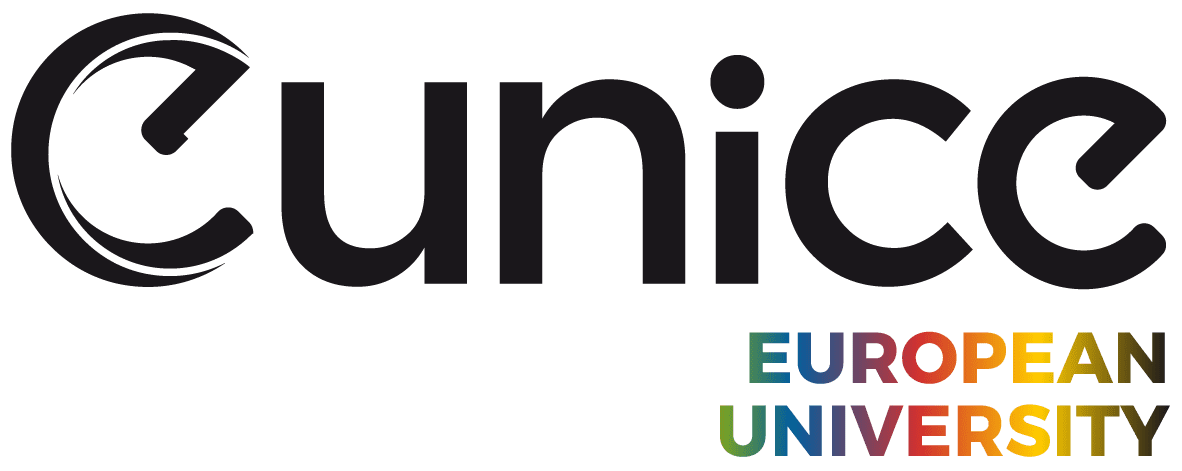The EUNICE courses are very popular – more than 220 students have participated in the shared courses last year and over 2,600 participants have registered for the language courses in 2022. Students and teachers alike are enthusiastic about the enrichment in their professional area but also about the personal development of every attendee. As part of EUNICE’s extensive course offer, we asked two students and lecturers what their goals were and what benefits they personally see in participating.
HUMAN-COMPUTER INTERACTION
Christophe Kolski is the Professor in charge of a Computer Science Course (Human-Computer Interaction) at the Université Polytechnique Hauts-de-France, which took place in February 2022 for the first time and is being offered again this semester. In this condensed course offering, he focuses on human-centred methods and models for interactive system design and evaluation. And, although the teaching content is delivered via video-sessions, he values interaction among the students and with him as the instructor. In addition, students actively accompany the learning content in a group project. Multiculturalism is important to Kolski, so each team brings together students from at least two EUNICE partner universities.
INTERNATIONAL RELATIONS
This multicultural exchange in groups and the networking opportunity within the online courses is well received by the students – as reported by Albert Kofi Morgan, from the University of Cantabria (Spain). He studies the Bachelor’s degree in Labour Relations and attended the International Relations course at the University of Mons (Belgium) in February 2022. The aim of the course was to develop an increased awareness of international issues for the engineering world. As a reason for choosing the course, Albert Kofi Morgan said he is “open for global challenges” and, additionally, he highlighted the networking aspect such as the flexibility of an online course. He praised the opportunity to share ideas and debate them together: “it’s all about multiculturalism.”
GLOBAL HEALTH GOVERNANCE
To get “new perspectives” from a joint debate was one of the reasons for Simon de Jaehger to join the Global Health Governance course at the University of Vaasa (Finland). He studies Biomedical Sciences at the University of Mons (Belgium) and has “learned new topics, such as epidemiology and welfare state.” Although the course, like the previous ones, took place online, he was able to discuss with students from EUNICE partner universities multidisciplinary topics such as equity and social development, as well as current issues in European and global governance of wellbeing.
WHAT IS SCIENCE
Professor Diego Ferreño, from the University of Cantabria (Spain), also wants to get students to discuss in his online-course. Together, they will explore the question “What is Science?”. In addition to theoretical content, Ferreño wants participants to improve their critical thinking. Ferreño believes “Science is like a process” and invites interested people to participate in the debate.
These are just a few examples of how EUNICE course academic offer has positively impacted the professional and personal development of students and lecturers. See for yourself and expand your personal horizons – go check EUNICE courses!





